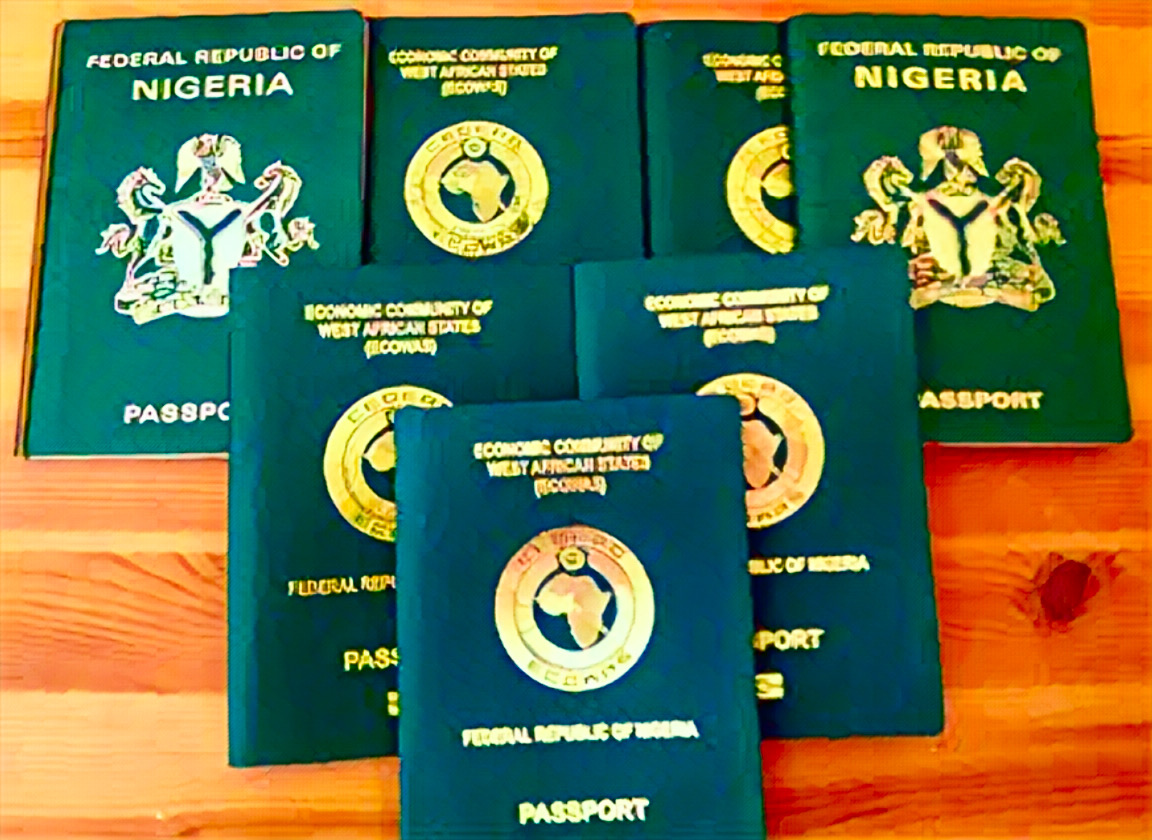KEY POINTS
-
Nigeria defends passport price hike as essential for efficiency.
-
Government promises faster processing and reduced corruption.
-
Centralised facility to secure and protect travel documents.
The Nigerian government is standing by its decision to sharply raise the cost of international passports, arguing that the move is needed to improving service delivery, cutting corruption, and protecting the integrity of the travel document.
Passport fee hike sparks public debate
From September 1, Nigerians applying within the country will face new rates of N100,000 for a 32-page passport with five-year validity and N200,000 for the 64-page booklet valid for ten years. The adjustment more than doubles the fees citizens were asked to pay only a year ago, when the government raised the 32-page passport from N35,000 to N50,000 and the 64-page version from N70,000 to N100,000.
The Nigeria Immigration Service (NIS) stressed that the changes affect only applications processed inside Nigeria. For those living abroad, fees remain at $150 for the 32-page document and $230 for the 64-page version. According to officials, the hike is designed not only to sustain the quality of the booklet but also to make issuance processes faster and more efficient.
Government pushes reforms to tackle corruption
According to Punch, Interior Minister Olubunmi Tunji-Ojo defended the policy during a mid-tenure performance retreat in Abuja, insisting that the target is to ensure every Nigerian receives a passport within one week of enrolment. He said the new system is meant to end the long delays and widespread extortion that once forced applicants to either wait up to seven months or pay bribes running into hundreds of thousands of naira.
The minister pointed to reforms such as a centralized personalisation center — the largest in Africa — which now gives the government the capacity to print far beyond current demand. He also stripped Passport Control Officers of approval powers, a move aimed at ending abuse of the process.
By centralizing approvals and tightening oversight, Tunji-Ojo said the government is determined to restore credibility. “Our passport must remain a true symbol of Nigerian identity,” he emphasized.


